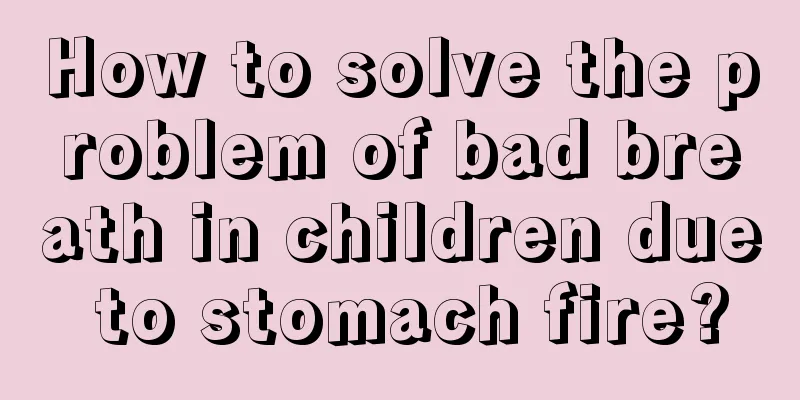At what age can a baby drink pure milk?

|
Milk is a recognized healthy drink. However, there is a gap between people who drink milk regularly and those who do not. The so-called gap is often reflected in their physical health. Especially for middle-aged and elderly people, the habit of drinking milk will make their bones healthier. Of course, if you have a baby at home, giving the baby some milk can also help his physical development. So at what age can babies drink pure milk? Nutritional analysis of milk Milk is rich in nutrients, easy to digest and absorb, inexpensive, and convenient to eat. It is the closest to perfect food, "white blood", and the most ideal natural food. Its original nutritional value is unmatched by any other artificial nutritional products. Milk contains a wide variety of minerals. In addition to the calcium we are familiar with, it also contains a lot of phosphorus, iron, zinc, copper, manganese and molybdenum. Every 100 grams of milk contains 87 grams of water, 3.3 grams of protein, 4 grams of fat, 5 grams of carbohydrates, 120 milligrams of calcium, 93 milligrams of phosphorus, 0.2 milligrams of iron, 140 international units of vitamin A, 0.04 milligrams of vitamin B1, 0.13 milligrams of vitamin B2, 0.2 milligrams of niacin, and 1 milligram of vitamin C. It provides 69 kcal of calories. The most valuable thing is that milk is the best source of calcium for the human body, and the calcium-phosphorus ratio is very appropriate, which is conducive to calcium absorption. At what age can babies drink milk? Generally speaking, it is best for babies under 1 year old not to drink milk, because milk contains a large amount of protein and minerals, but too little complex unsaturated fatty acids and trace elements. Therefore, it is not easily digested and absorbed by the baby's delicate intestines, and is not conducive to the baby's growth and development. In addition, milk may also be a trigger for milk protein allergy. Babies over 6 months old can be slowly adapted to milk, provided that the baby does not show signs of allergy after drinking milk. Start with a small spoonful and gradually increase to cooking cereal porridge with milk. When the baby reaches 2 years old, he can be fed milk and dairy products regularly, about 300 to 350 grams a day. |
<<: What are the symptoms of protein allergy in babies?
>>: 6 effective sensory training methods for children with autism at home
Recommend
What are some good appetizers for children?
Children love to play. Some parents feel a headac...
What causes yellow skin in children and what should we pay attention to?
Skin disease is a common disease. Some of them ar...
Treatment of language disorders in children
As children grow up, they always have to learn to...
How to make mashed potatoes for 1-year-old baby
There are already many complementary foods that o...
What is the reason for the dry lips of a 3-year-old baby?
The body resistance of babies is very weak, so th...
Child coughing and cold hands and feet
When children have coughing symptoms, parents are...
What are the reasons for the white lips of children?
A big reason why children’s lips turn pale is tha...
The reason why the white of the newborn's eyes turn yellow
The whites of the eyes of newborns are yellow. Ne...
Why is my child not growing? Is it because of calcium deficiency?
The phenomenon of children not growing taller is ...
At what age is it best for children to take anthelmintics?
For someone like me who was born in the 1980s, wh...
What causes fetal hemangioma?
In the clinical practice of children's diseas...
Rehabilitation training for children with hemiplegia
Hemiplegia itself is a terrible thing. If there i...
What causes chronic anorexia in children?
Children are a special group of people. If they a...
What should I do if my seven-year-old child has a hunchback?
Parents naturally have an unshirkable responsibil...
Why does my seven-month-old baby smile less?
Some babies smile rarely or not at all at seven m...









